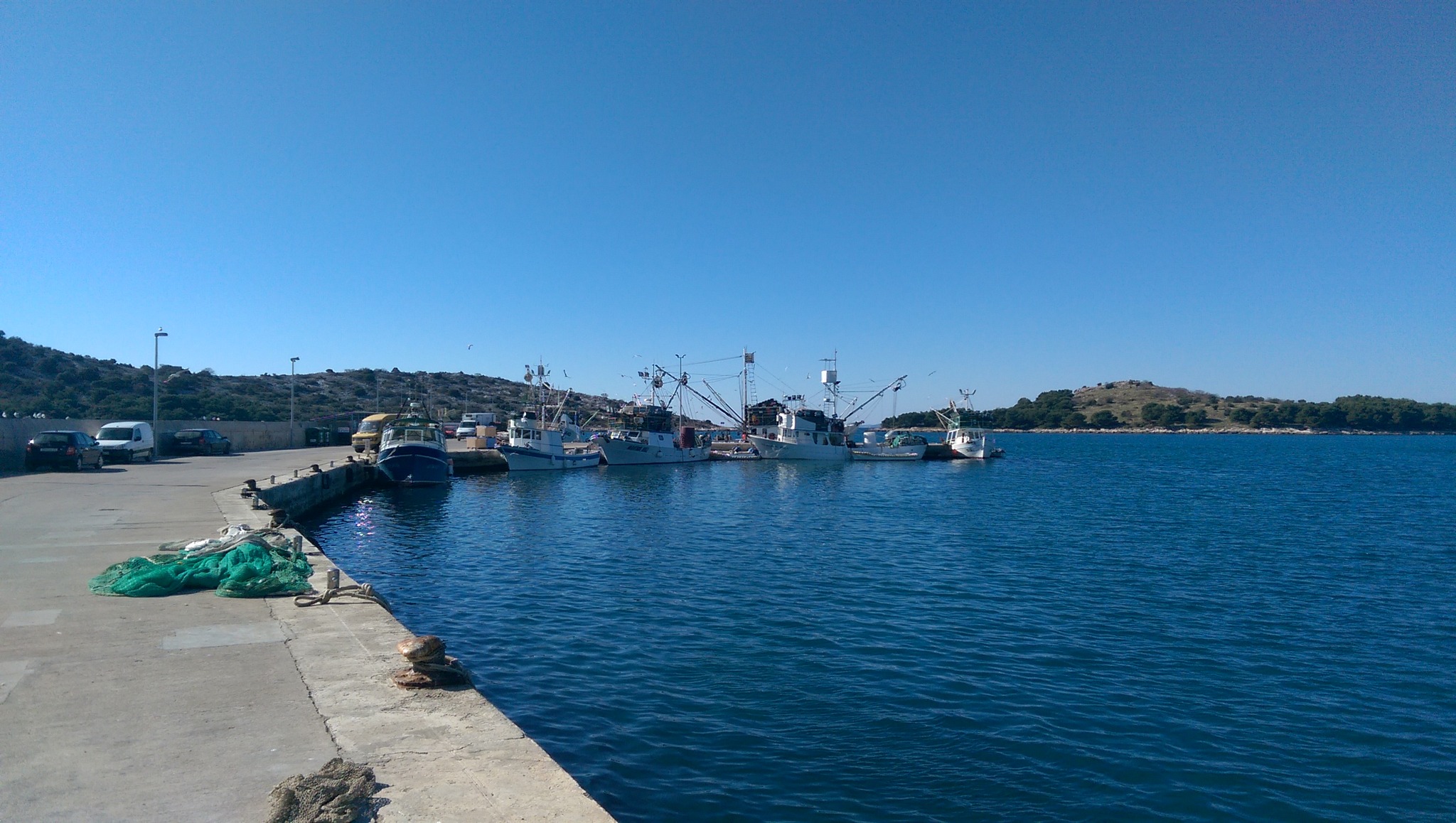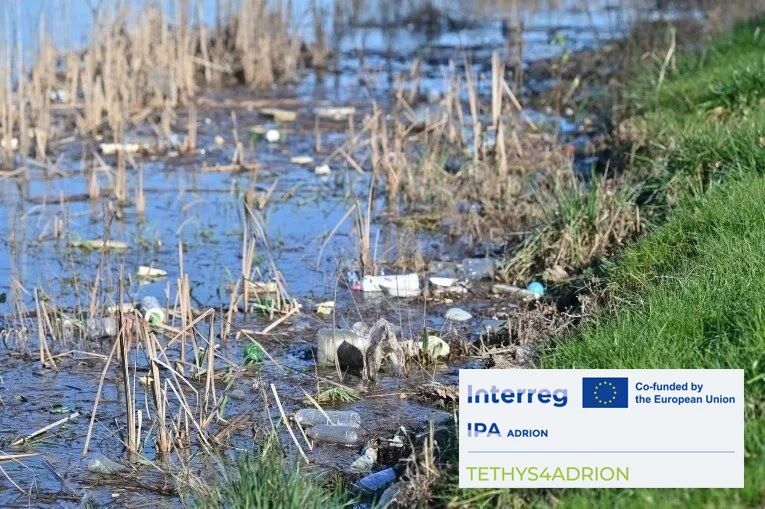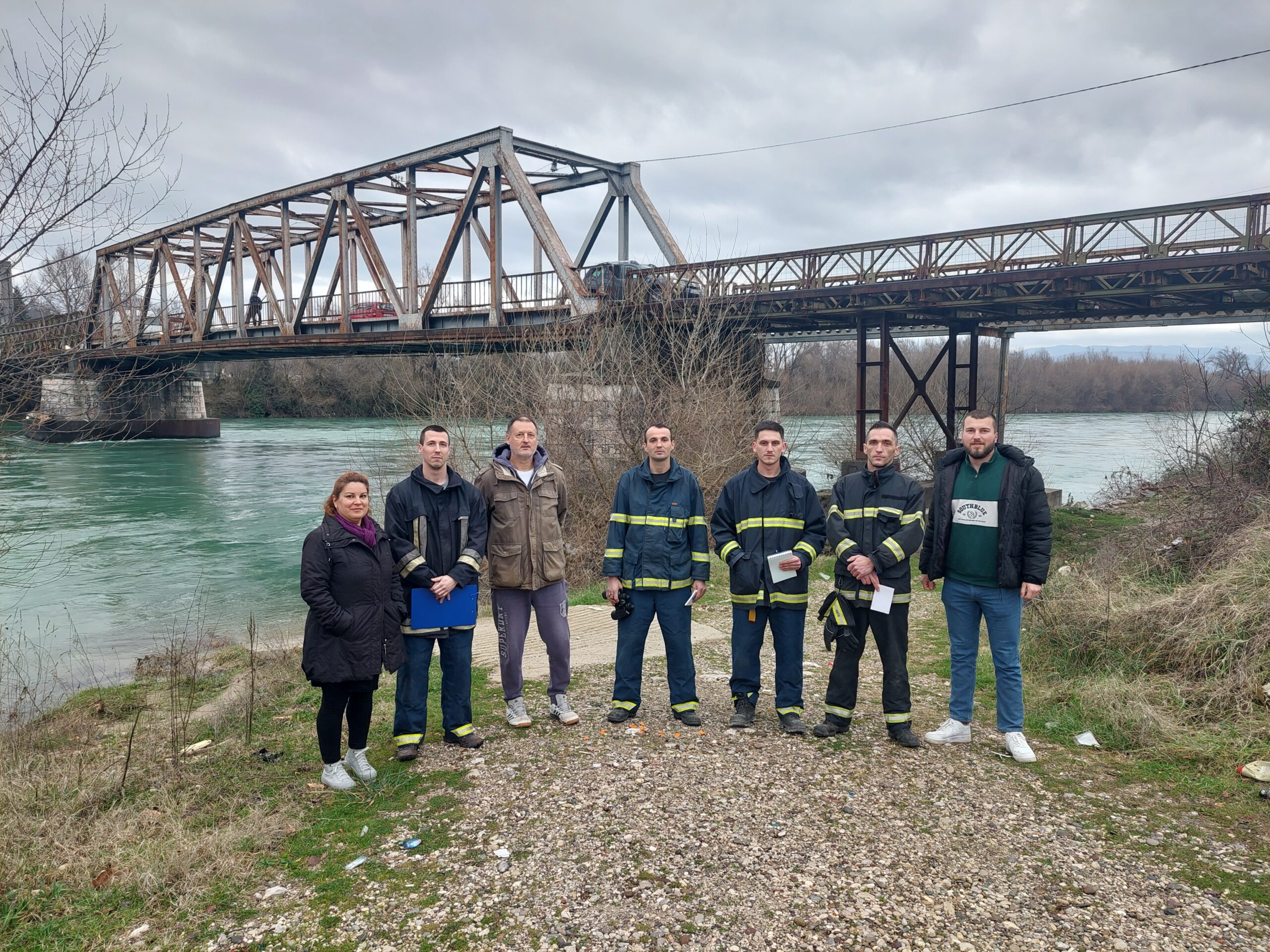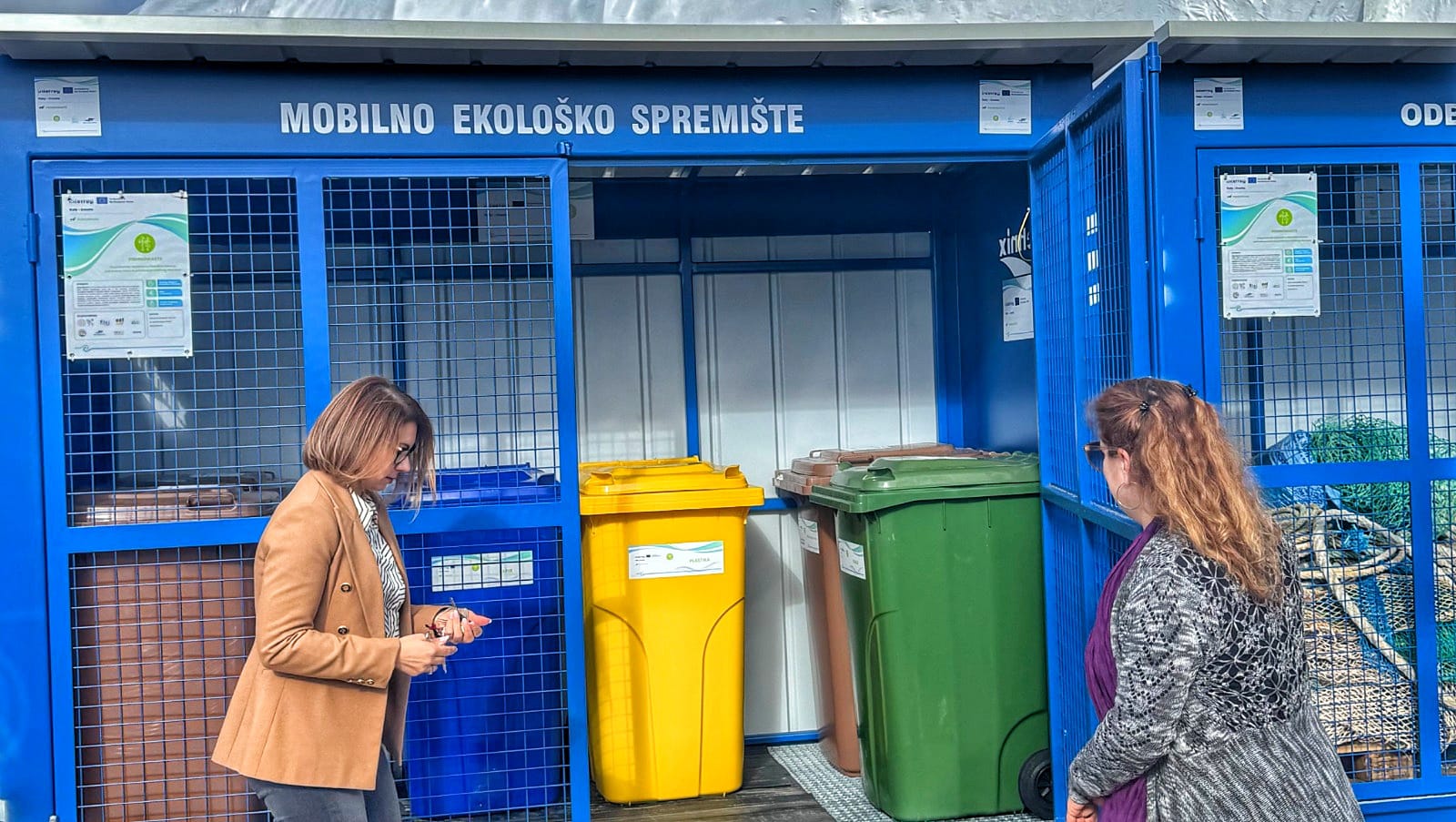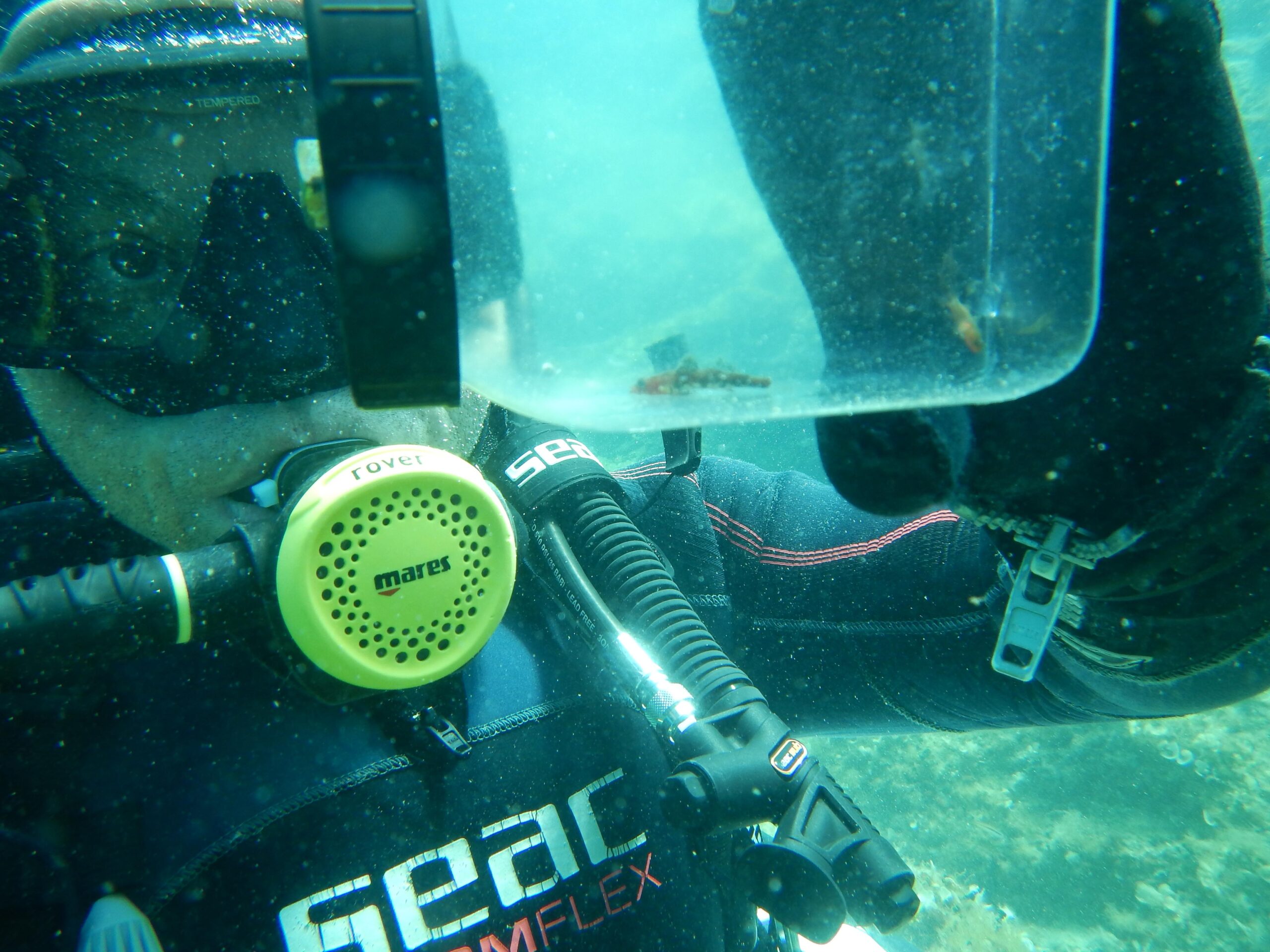The Institute of Oceanography and Fisheries from Split and RZ Adria Tribunj have been cooperating for many years on the issue of removing marine litter found in trawlers’ catch.
Based on past experience, it can be assumed that significant amounts of litter could be removed from the seabed if this initiative were implemented in the wider Adriatic area. This would reduce environmental impacts and economic costs to the fishing industry and other related sectors. It is estimated that in this way it would be possible to remove significant amounts of litter that ends up in the marine environment annually, approximately 10-20%. Given that we do not have precise dana on the amount of litter input, as well as on the amount on the seabed, such efforts would be valuable.
Fishing is a sector that can significantly contribute to solving the problem of marine litter through the so-called “Fishing for Litter” (#FfL) practice, i.e. collecting litter from the seabed found as by-catch during trawling, and depositing it on the shore where it is disposed of in the existing waste management system without compensation for fishermen. It is a very simple and effective way of involving the fishing sector in reducing the amount of litter on the seabed, and it is very successfully applied in some western EU countries.
Since 2014, trawlers of the Adria Fishing Cooperative from Tribunj have been actively collecting marine litter in this way almost every day. Although the amount of collected litter varies and depends on the fishing area, on average one trawler collects 5 kg of marine litter per one lowering of the net. In about 15 days of fishing, which is their monthly average at sea, one trawler can collect 230 to 300 kg, which is about 3 tons of litter per year. Trawlers of the Adria Fishery Cooperative have so far collected and disposed of almost 330 T of marine litter, which otherwise would have remained on the seabed and accumulated there beyond human reach.
Plastic is the most common material of marine litter and makes up 80-90% of the total amount. The most common items are plastic bags, including their parts, collective wrapping and other packaging, and plastic bottles.
Data on the collected quantities, composition and area from which the litter was collected are entered into the database https://vrtlac.izor.hr/ords/apopub/ developed for the purposes of monitoring and coordinating the implementation of measures against marine litter, designed by the employees of the Institute of Oceanography and fishing from Split.
This cooperation with the Adria Fishing Cooperative has shown that the fishing sector fully understands the problem of marine litter, and fishermen are willing to accept the concept and become partners in the initiative. They are willing to cooperate, aware of their unique role in
the active removal of litter from the seabed. The initiative was also well received by the local government. Containers installed in the fishing harbor in Tribunj for the separate disposal of marine litter, discarded fishing gear and waste engine oil from ships, are one of the few in Croatia where such activities are successfully carried out.
Cooperation between the Institute of Oceanography and Fisheries from Split and RZ Adria Tribunj brings a solution to the problem of marine waste
11.02.2023.
